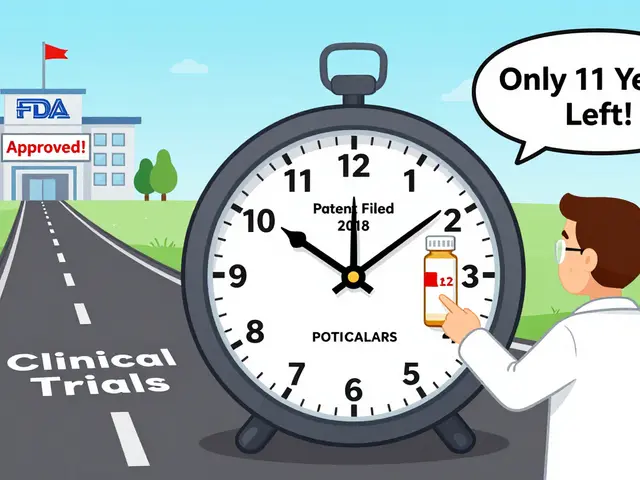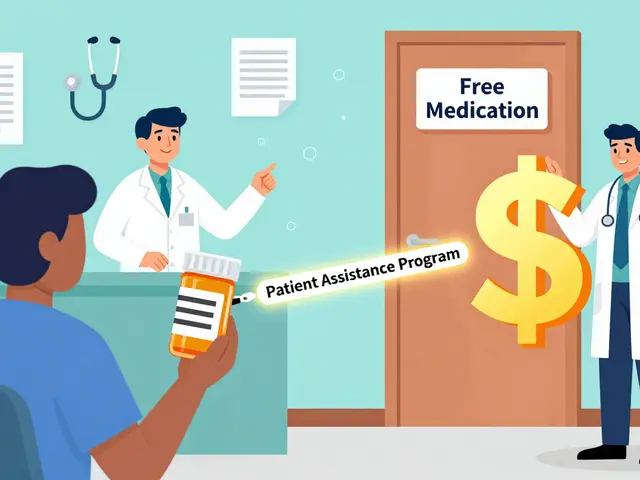Black Seed Supplements: Benefits, Dosage & Safety
Ever heard of black seed? It’s Nigella sativa, a small seed used for centuries in cooking and traditional medicine. Lately people take black seed supplements for inflammation, immune support, and to help with blood sugar and cholesterol. The active compound most researchers point to is thymoquinone, which shows anti-inflammatory and antioxidant effects in lab studies.
What the research says
Most human studies are small but practical. Several randomized trials report modest drops in total cholesterol and LDL after a few weeks of black seed oil or powder. Other trials show a small reduction in fasting blood sugar for people with type 2 diabetes when black seed is added to standard care. For asthma, a few controlled studies found fewer symptoms and better lung function when patients used black seed oil along with their usual medicine.
Those results sound promising, but they’re not a cure-all. Effects are usually modest and vary between studies because doses, forms (oil vs. seed powder), and supplement quality differ. Treat black seed as a supportive option, not a replacement for prescribed meds.
How to choose and use black seed supplements
Forms: whole seeds, ground powder, cold-pressed oil, and capsules. Common dosing ranges seen in trials: 1–3 grams of seed powder daily, or about 1–2 teaspoons (5–10 mL) of oil per day. Capsules often supply 500–1,000 mg; many studies use a total of 1,000–2,000 mg daily. Start at the lower end and increase slowly while watching for side effects.
Quality matters. Pick brands that use cold-pressed oil, list Nigella sativa on the label, and show a batch or third-party test for purity. Look for minimal additives and clear storage instructions — oil can go rancid if not sealed and kept cool.
Safety tips: common side effects are mild — stomach upset, nausea, or skin rash in sensitive people. Avoid large doses if you’re pregnant or breastfeeding; there’s not enough safety data. If you take blood thinners, diabetes meds, or blood pressure drugs, talk to your clinician first because black seed may change bleeding risk, lower blood sugar, or affect blood pressure. Stop before surgery as a precaution if your doctor advises it.
Practical use: take black seed with food to reduce stomach upset. If you’re using it to support blood sugar or cholesterol, monitor your numbers so you and your provider can see real changes. Keep expectations realistic — improvements usually happen over weeks, not days.
If you want to try black seed supplements, pick a reputable product, start low, and tell your healthcare provider. That keeps things safe and helps you track whether it’s actually doing anything useful for you.
Black Seed Supplement Dangers: Liver Risks, Drug Interactions, and Safe Dosage Explained
Exploring the hidden risks of black seed supplements, this article sheds light on liver toxicity, potential drug interactions, and how to find the right daily limit for safety. Practical tips and real facts reveal what manufacturers usually leave out. Discover what happens when you overdo it and learn to use black seed safely for your well-being.
Read More





